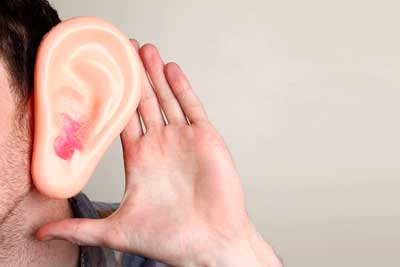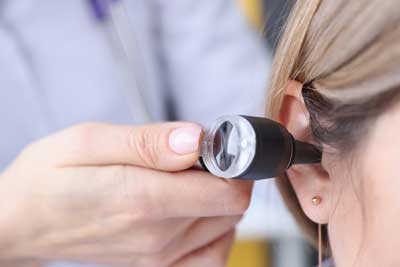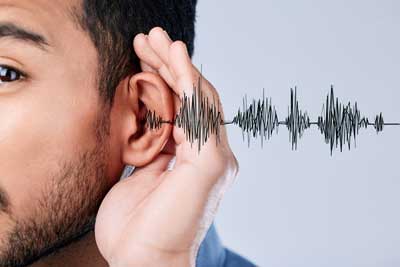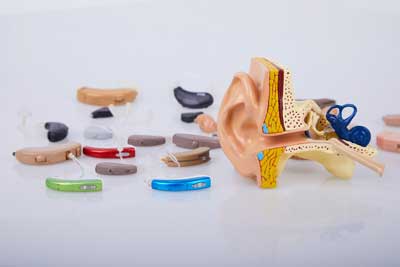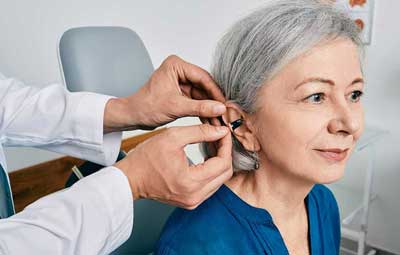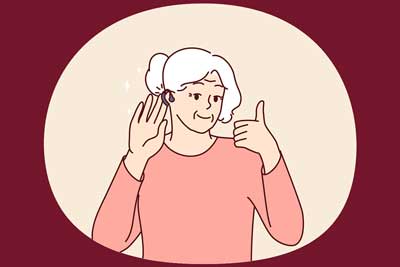Until recently, the only way to buy a hearing aid was through an audiologist or other hearing healthcare professional. In 2022, the FDA issued regulatory guidance that allowed device manufacturers to produce direct-to-consumer over-the-counter hearing aids to treat mild to moderate hearing loss.
Most OTC hearing aids run $300 to $1,200 per pair, a fraction of the cost of aids purchased from audiologists or licensed hearing stores, which can cost $2,000 to $8,000 per pair. Since Medicare and most private insurance plans don’t cover those costs or reimburse audiologists for their services, that’s great news for consumers.
Before buying aids, get evaluated by a physician or audiologist to determine whether hearing aids will actually improve your hearing.
Then decide what you seek from a hearing aid. Many advanced aids can adapt to varying hearing environments and come with numerous features, but such extras may significantly up the price. And some older adults have trouble operating and maintaining tiny models.
Consult our ratings of local hearing centers for quality and price. Consider only businesses that offer solid buying advice, provide a wide variety of styles and brands, and have flexible policies that allow you to test out aids and return them for little or no cost.
No matter what you buy, get in writing how much time you have to test out your aid and what charges, if any, you have to pay if you return it.
Shop around for a good deal. For one specific model of hearing aid we found prices among local hearing centers ranging from $2,540 to $7,400 per pair, including testing, fitting, and programming. For another, prices ranged from $2,300 to $6,000.


